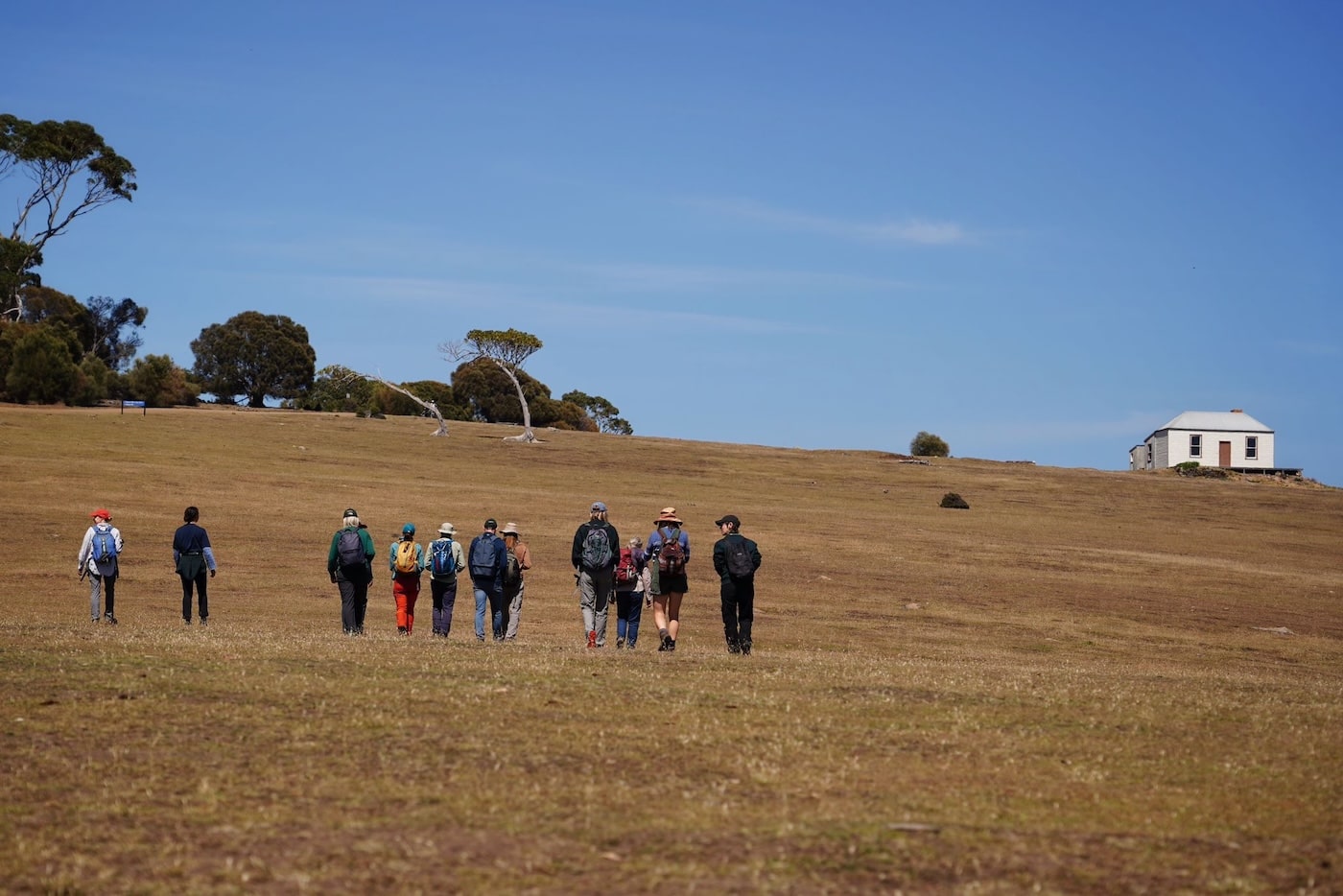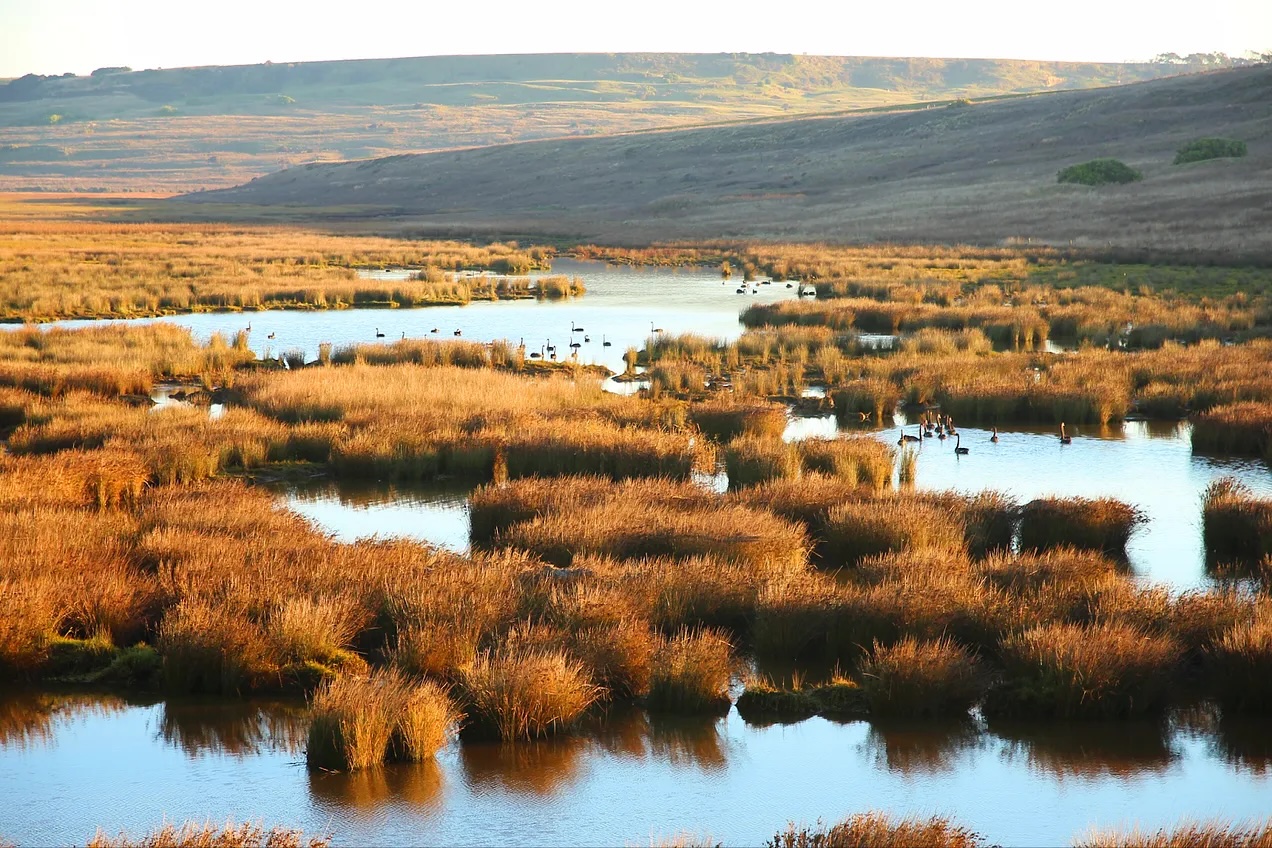What is systems thinking?
Systems thinking is a way of accounting for the world’s complexity and interconnectedness when tackling massive problems. It involves looking at a system in its entirety rather than splitting it into parts. Systems tend to be large, with examples including our food system, education system, waste system, transport system and political system.
Why is it needed?
The philosophy is that parts of a system will act differently when isolated from the system’s environment or other parts of the system. Therefore, when tackling a complex problem, solutions need to consider the system in its entirety, as opposed to focusing on each part individually.
Give me an example
One example is forests, which are systems in their own right.
Planting trees is a cost-effective and proven strategy for drawing down carbon dioxide from the atmosphere and tackling climate change. Yet tree-planting projects large and small have failed. The reason for this failure is a laser-focus on planting trees to draw-down carbon without thinking about the whole forest system.
Animals, for example, are a forest's engineers, recyclers and waste collectors, playing a critical role in the carbon cycle. But each animal has a specific habitat, and this needs to be accounted for and restored to create a healthy forest ecosystem if carbon draw-down is to be effective.
Then there’s a question of where this forest is located and if there’s available water supply, who looks after the saplings as they grow, how local people can be empowered rather than displaced, whether the area has pest animal populations or a culture of hunting, and how the restoration project will prove commercially viable in the long-run to ensure deforestation doesn’t occur for a second time.
In short, if you’re planting trees without thinking about the system in which trees exist, you’re not setting yourself up for success.

Use it in a sentence
When taking a systems thinking approach, it’s easier to see and plan for how pulling a lever in one part of the system can create positive and negative changes elsewhere.
Food for thought
We’re working to a ticking clock. We need to stop and reverse the destruction of nature and we need to do it this decade. How then can we find the balance between systems thinking and swift action?



